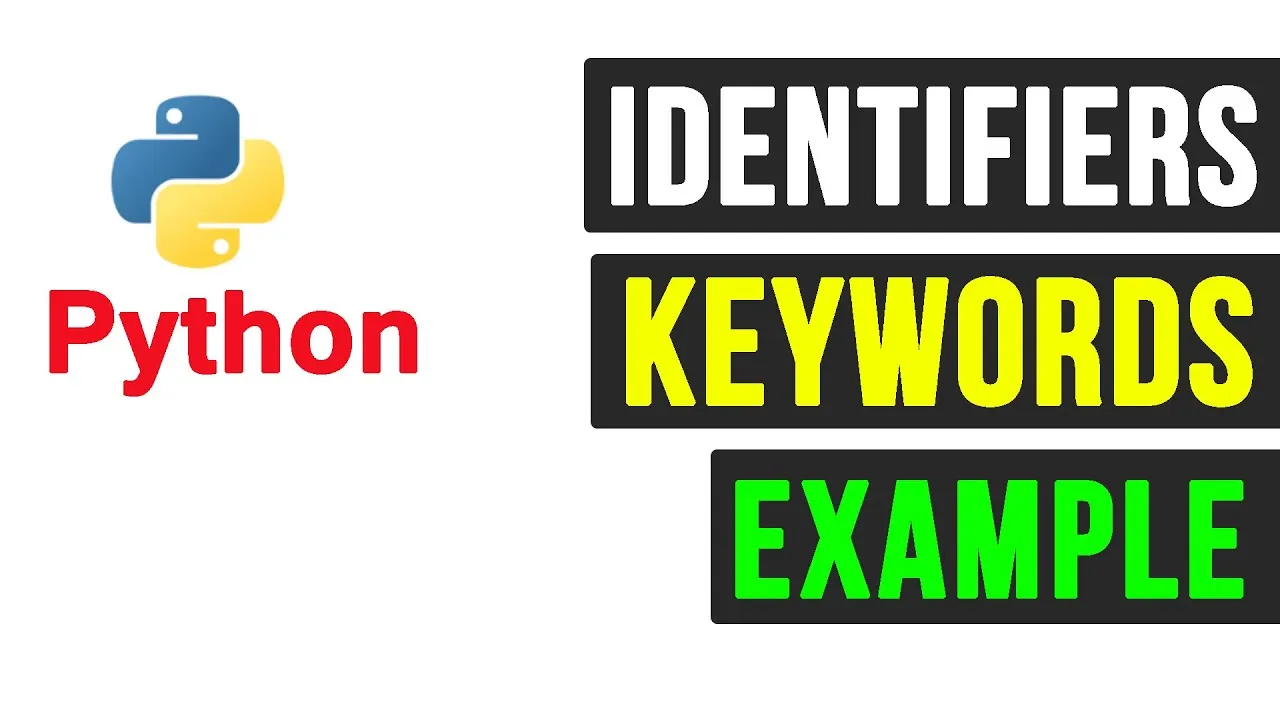Every programming language has pre-given keywords which are reserved words when it comes to using the particular language. Identifiers are the words that the programmer can put according to his willing to identify the variables, functions, classes, etc. Do not get confused, just keep reading and you will get the idea properly in the end of this article.
Python Keywords
Let me use the word “reserved” in front of the words which are called keywords in Python. They are reserved, which means you can’t use them willingly for everything. To make it easy to understand, let’s say that there are some rules and regulations to use the keywords.
There are 35 keywords in Python 3.7. (This number can be vary slightly over the course of time.)
In Python, keywords are case sensitive. It means the keywords treat differently depending on whether it is in capitals or lower-case text. All the keywords except True, False and None are written in lower-case letters. Here are the list of all the keywords you are to use with Python coding.
and | as | assert | async | await | break| class
continue | def |del |elif | else | except | False
finally |for | from | global | if| import | in
is | lamba | None | nonlocal | not | or | pass
raise | return | True | try | while | with | yield
Wait! Don’t try to figure out the meaning of these words and where to use them when coding at the first sight. For now, just remember that these are the keywords in Python and they are case sensitive. That’s enough for now.
#keywords-in-python #learn-python-programming #identifiers-in-python #python-programming
